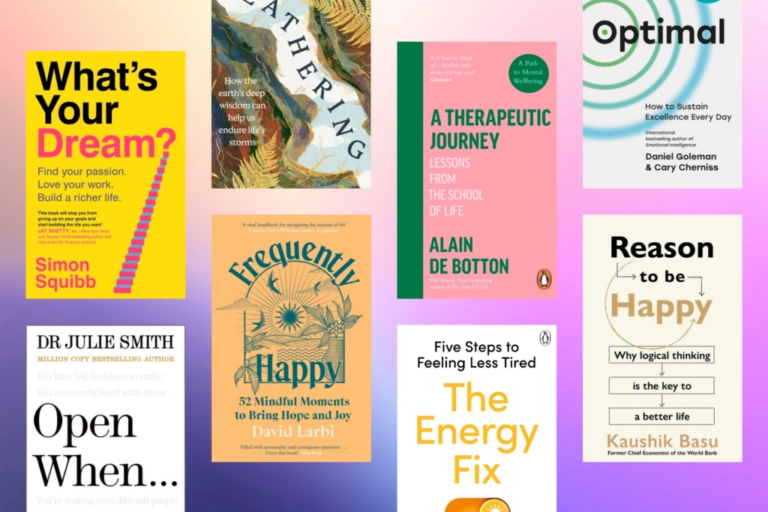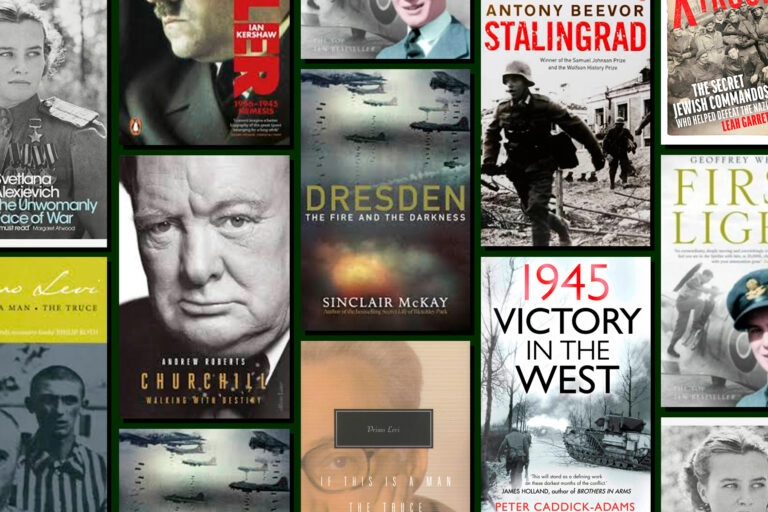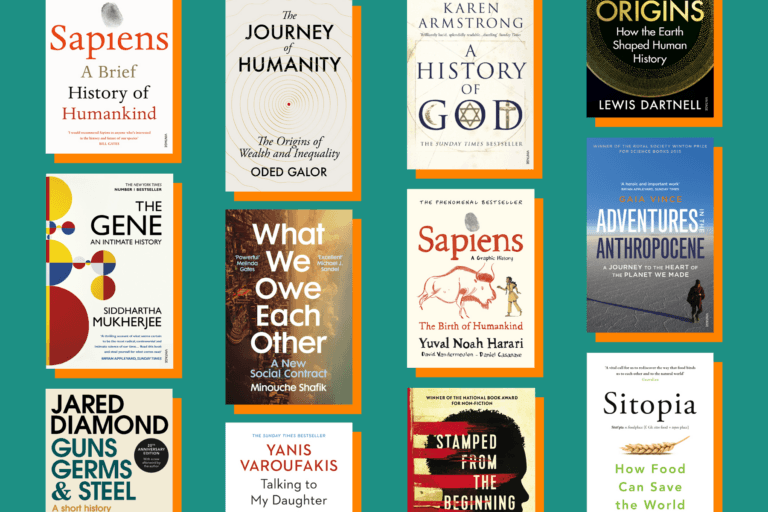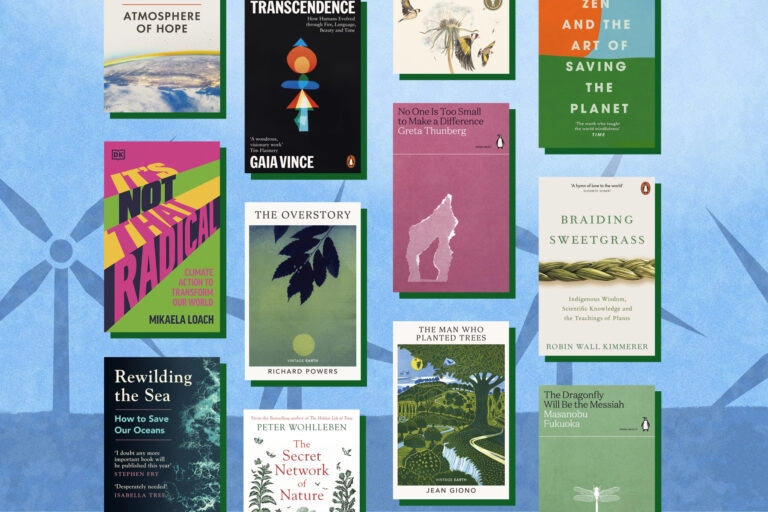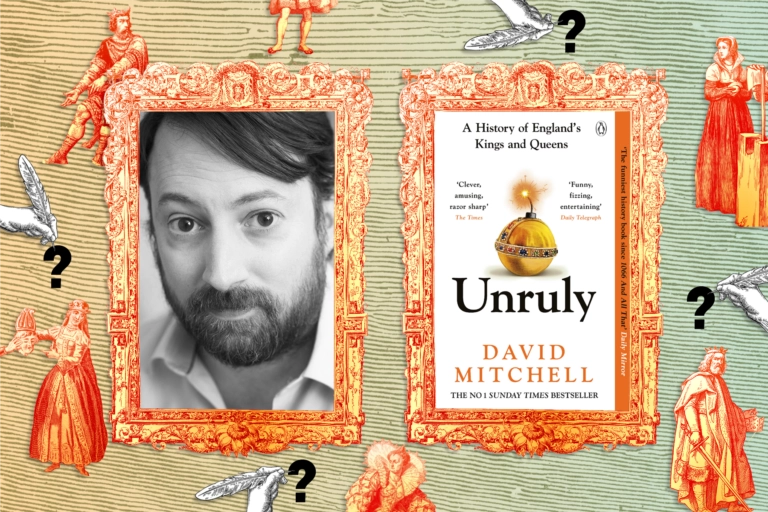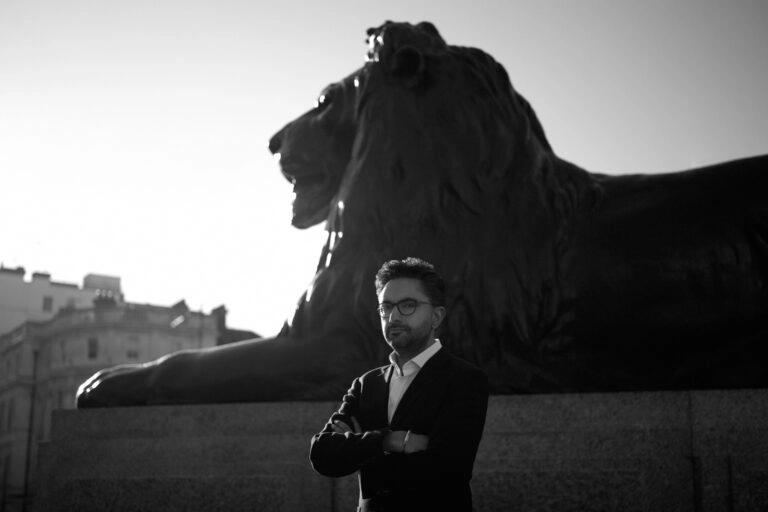Non-fiction
Explore all non-fiction categories
Our recommendations
Articles to inspire
What are you interested in?
Our spotlight authors
Sign up to the Penguin newsletter
By signing up, I confirm that I'm over 16. To find out what personal data we collect and how we use it, including for our recommendations, please visit our Privacy Policy.
Penguin Shop
Browse the Penguin Shop online and discover gifts to inspire and delight book lovers.
You might like...
About our non-fiction books
A great non-fiction book can be an eye-opening way to learn mind-blowing new concepts, put yourself in someone else's shoes, improve your life, or simply delve into a topic you're passionate about. Whether you're a history buff, a budding chef, a DIY aficionado, or looking for inspirational stories, find brilliant biographies, cookbooks, history books, science books, home and gardening books, self-help books and more. You can also find a list of tried-and-tested non-fiction reads, as recommended by our readers, here.


